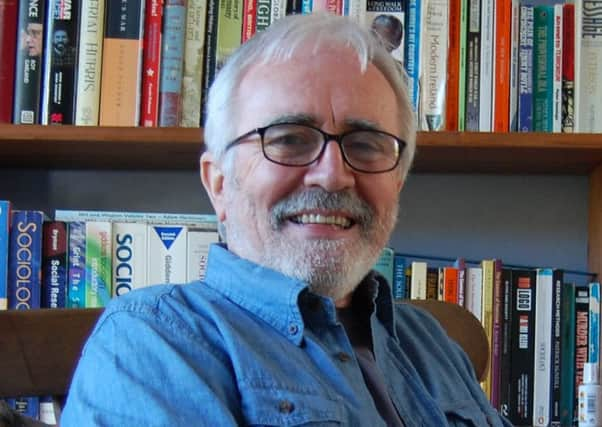God's work doesn't fit into roles


Whether the roles need to be performed by two different people or one individual operating as God requires a different debate, but he’s right, isn’t he?
In the perennial search for efficiency, predictability and order in the church, what frequently happens is that discrete groups of people are formed with distinct roles and responsibilities. Each worker becomes an expert in one isolated area of production, thus increasing his efficiency.
Advertisement
Hide AdAdvertisement
Hide AdBut there is a view that it’s not good beyond the factory wall. For example, in a little religious community of which I was once a part, it was cool to sport WWJD (What Would Jesus Do?) bracelets. However, there was an occasion when we were all expected to fill in Personality Profile-type questionnaires to be analysed by the shepherds of the flock. They would decide which of us, if any, had a role in the organisation, and precisely what that role would be. But most of us saw through the farcical plan, it was more about keeping God in his box, so things could remain slick. They had learned to their cost that God isn’t above being a bit unruly at times.
Let’s say I’ve been allocated the role of disturber of the comfortable, but I’m in a situation in which a comforter of the disturbed is required. What do I do? I know now what I should do, but back then I was expected to say, ‘Sorry pal. Not my remit. I’ll see if our resident comforter of the disturbed can fit you in.’ And all the while I’ve got WWJD plastered all over my left wrist.
So there’s the inconsistency: what would Jesus do? He was all things to all men. Whenever he saw a need, he sprang into action. Why? Because he was guided, and empowered moment by moment by his Father. He said, ‘I can do nothing by myself. I do only what I see the Father doing.’ And that was his secret. Jesus’s reputation and status weren’t important to Jesus: his singular priority was pleasing his Father.
The overriding characteristic of those who claim to be citizens of the kingdom of God should be to do whatever it takes to meet the needs of those around them, be it emotional support, material assistance, a word of encouragement, or just love and acceptance. Why is it that religious people the world over are so obsessed by titles – something expressly forbidden by Jesus himself (read Matthew 23)?
Advertisement
Hide AdAdvertisement
Hide AdCould it be that by attaching a title to myself I’m absolved from the responsibility of doing anything not covered by my job description? Someone might introduce himself as Pastor Jimmy, so I call myself Writer Adam. You can call yourself Businessman Pete, or Housewife Joan. If we come across someone lying by the roadside injured, it’s not our problem. We can pass by on the other side, for what good is a Writer, or a Businessman or a Housewife to a dying man? Surely that’s why Jesus said we shouldn’t call anyone Teacher, or Rev, or Father?
Won’t we ever learn that in God’s eyes we’re all equal, with equal responsibilities?